
8 Warning Signs Your Oxygen Levels May Be Too Low — And How to Improve Them Naturally
8 Warning Signs Your Oxygen Levels May Be Too Low — And How to Improve Them Naturally
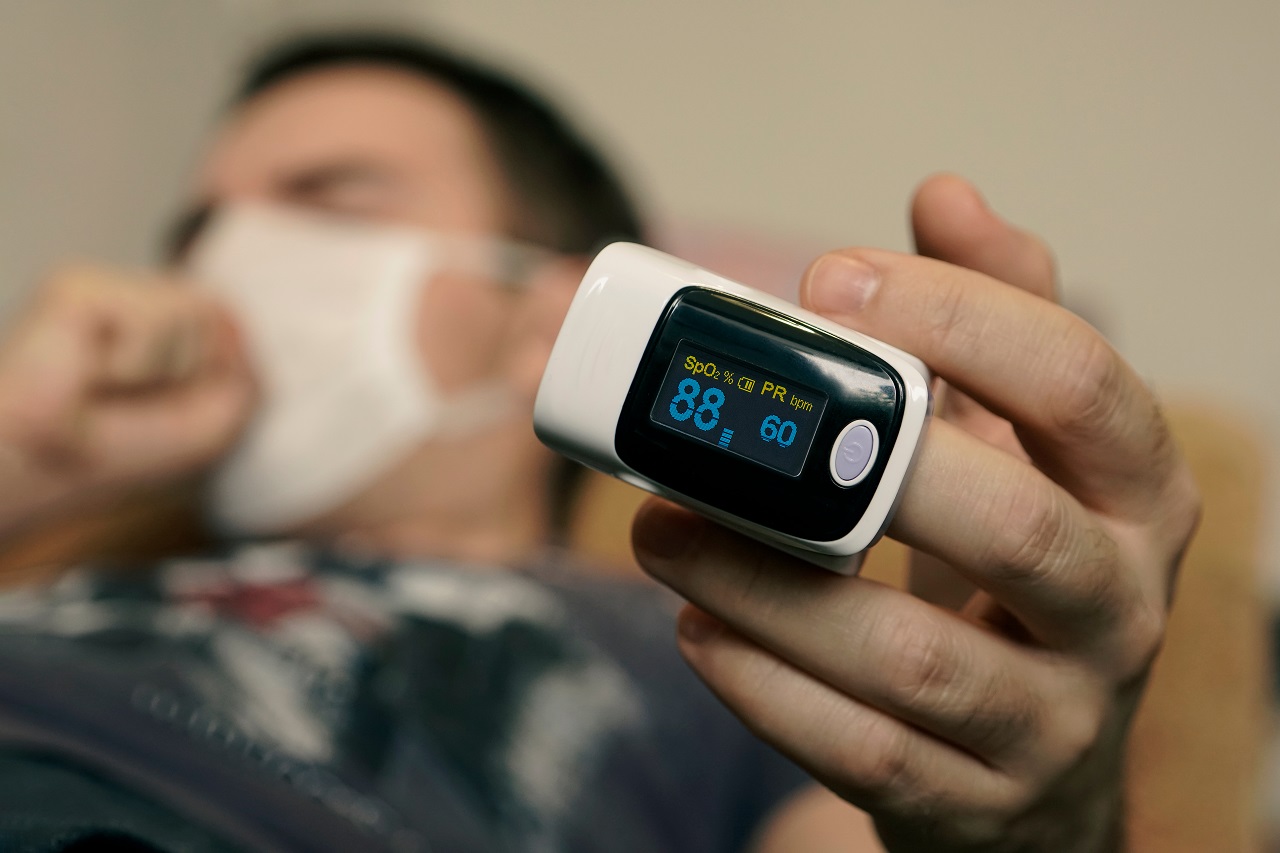
Oxygen is vital to every cell in your body. When your oxygen levels drop, your organs — especially your brain, heart, and liver — can suffer serious consequences. Understanding the early signs of low blood oxygen and what causes it can help you take action before it becomes a health crisis.
In this guide, we’ll explore common causes of low oxygen levels, key warning symptoms, and natural ways to improve oxygen flow in your body.
What Causes Low Oxygen Levels in the Blood?
Several lifestyle factors and health conditions can interfere with your body’s ability to absorb and circulate oxygen efficiently:
1. Chronic Respiratory Conditions
Diseases like asthma, COPD, bronchitis, emphysema, and pneumonia can reduce lung function and oxygen uptake.
2. Smoking
Tobacco smoke damages the lungs and affects hemoglobin’s ability to carry oxygen, lowering oxygen saturation in the blood.
3. Stress and Anxiety
High stress levels can lead to rapid or shallow breathing, upsetting the oxygen–carbon dioxide balance in your body.
4. Sleep Apnea
This condition causes interrupted breathing during sleep, often resulting in lower oxygen levels upon waking.
5. High Sugar Consumption
A diet rich in refined carbs and sugars can increase blood acidity, making it harder for oxygen to be delivered effectively.
6. Nutrient Deficiencies
Low levels of iron, vitamin B12, B1, C, D, E, and zinc can reduce your red blood cell count or impair their ability to transport oxygen.
8 Common Signs Your Oxygen Levels Might Be Too Low
Recognizing these symptoms can help you seek help early and make lifestyle adjustments to restore healthy oxygen flow:
1. Shortness of Breath (Dyspnea)
Difficulty breathing, frequent sighing, or tightness in the chest are often early signs of low oxygen intake.
2. Dizziness or Weakness
Feeling faint, tired, or lacking energy may indicate reduced oxygen supply to your brain and muscles.
3. Rapid Heartbeat (Tachycardia)
If your resting heart rate regularly exceeds 100 bpm, your heart might be compensating for insufficient oxygen in the blood.
4. Muscle Cramps or Chest Pain
Low oxygen can cause muscle pain or angina, especially during exertion. Proper hydration and electrolytes may help relieve symptoms.
5. Heavy, Fatigued Legs
If climbing stairs or walking uphill feels unusually difficult, it could signal poor circulation caused by vitamin C or E deficiency.
6. Pale or Brittle Nails
Anemia-related oxygen deficiency often appears in the form of fragile, discolored nails or visible ridges.
7. Bluish Lips or Skin (Cyanosis)
A bluish tint around your lips, nails, or skin is a serious sign of critically low blood oxygen and needs urgent medical attention.
8. Brain Fog or Mental Confusion
Poor memory, slow thinking, and irritability can all be caused by oxygen deprivation in the brain, especially when paired with vitamin B1 deficiency or a high-sugar diet.
6 Natural Ways to Increase Your Oxygen Levels
If you’re noticing signs of low oxygen, these simple lifestyle tips can help improve circulation and oxygen delivery:
1. Eat Iron-Rich Animal Products
Include heme iron sources such as grass-fed beef, seafood, and liver. These foods also provide vitamin B12, essential for red blood cell formation.
2. Cut Down on Refined Carbs
Reduce your intake of sugar, soda, white bread, and processed snacks to improve blood alkalinity and oxygen transfer.
3. Add Vitamin E–Rich Foods
Incorporate sunflower seeds, avocados, olive oil, leafy greens, and hazelnuts into your diet to support circulation and heart health.
4. Spend Time in Fresh Air
Take daily walks outdoors, ideally in natural green spaces, to increase oxygen intake and benefit from clean, plant-enriched air.
5. Stay Hydrated and Eat Antioxidant-Rich Foods
Drink at least 1 liter of mineral-rich water daily. Add antioxidant-loaded fruits like blueberries, strawberries, or acai to support cellular health.
6. Practice Deep Breathing
Try diaphragmatic breathing:
-
Inhale through your nose for 4 seconds, expanding your belly
-
Exhale slowly through your mouth for 6 seconds
This reduces stress and helps oxygenate your blood more effectively.
Final Thoughts: When to Seek Medical Help
If you’re experiencing multiple symptoms from this list, consider using a pulse oximeter to measure your blood oxygen levels. A reading below 92% may require immediate medical attention. Talk to your doctor for proper diagnosis and treatment options.
Making small, sustainable lifestyle changes can significantly improve your oxygen circulation, energy levels, and overall health.
News in the same category


💤 The Science of Dreaming: Why Do We Dream?

Too Much Salt May Lead to Depression, New Study Suggests

New Study Reveals: Memory May Be Stored in Cells Beyond the Brain
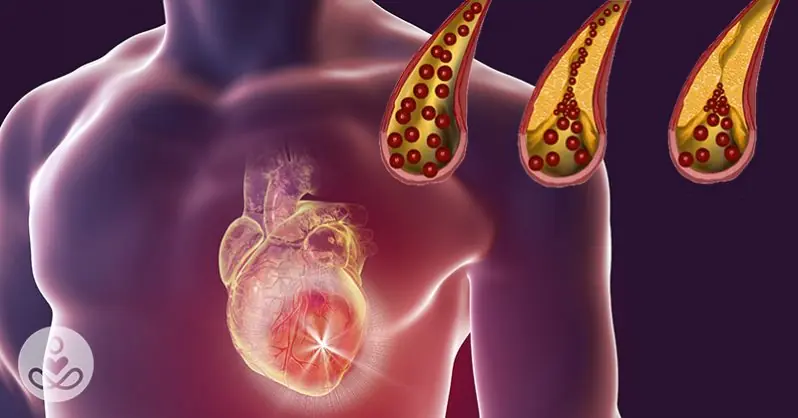
10 Foods You Should Eat Daily to Keep Your Arteries Clean

The Sleep Position That Could Be Quietly Damaging Your Health, According to Experts

Shocking Cancer Diagnosis at 44 Raises Alarms About a Popular Daily Sandwich Ingredient
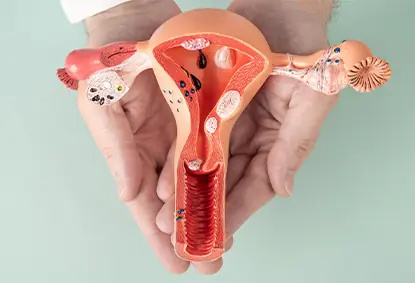
Understanding Uterine Fibroids: Causes, Symptoms, and Treatment Options
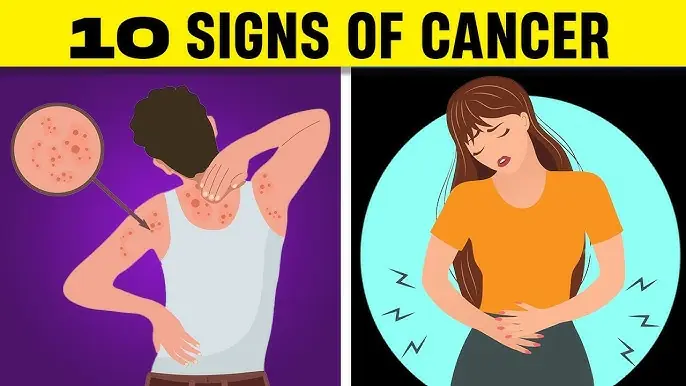
Is Your Body Trying to Tell You Something? 15 Early Signs of Cancer

If You Suddenly Wake Up Between 3:07 and 3:15 AM, You Should Be Extra Cautious
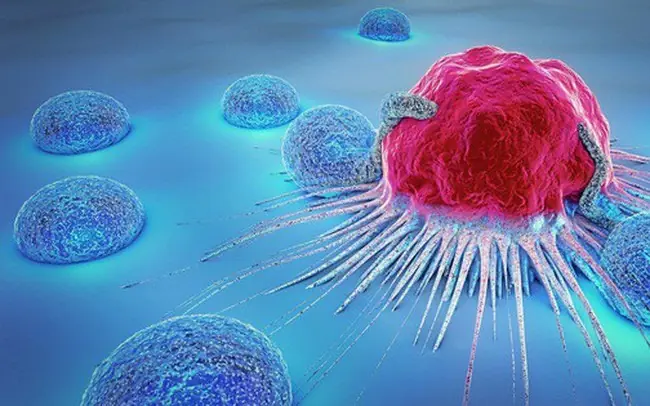
Discovery of a Drink That Helps “Push Back” Cancer: It's Not Tea or Coffee

One Year Before Death: The Body Often Shows 5 Warning Signs!

Revolutionary HIV Treatment: Lenacapavir Achieves 100% Clinical Efficacy
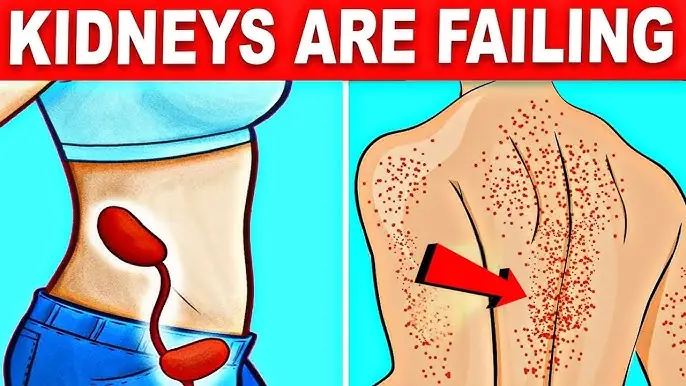
10 Warning Signs Your Kidneys May Be in Trouble
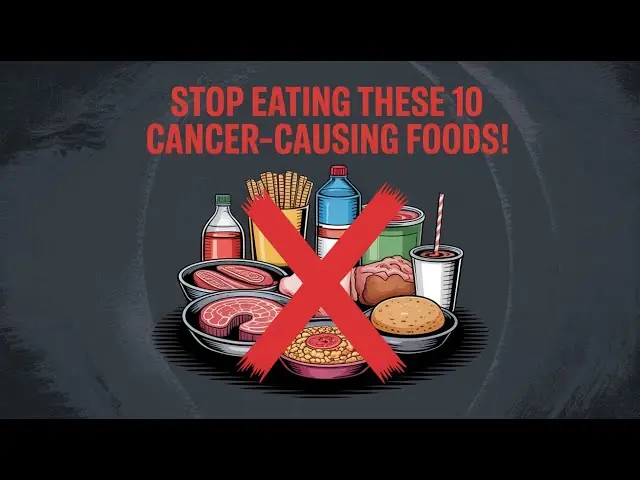
10 Foods Linked to Cancer You Should Avoid
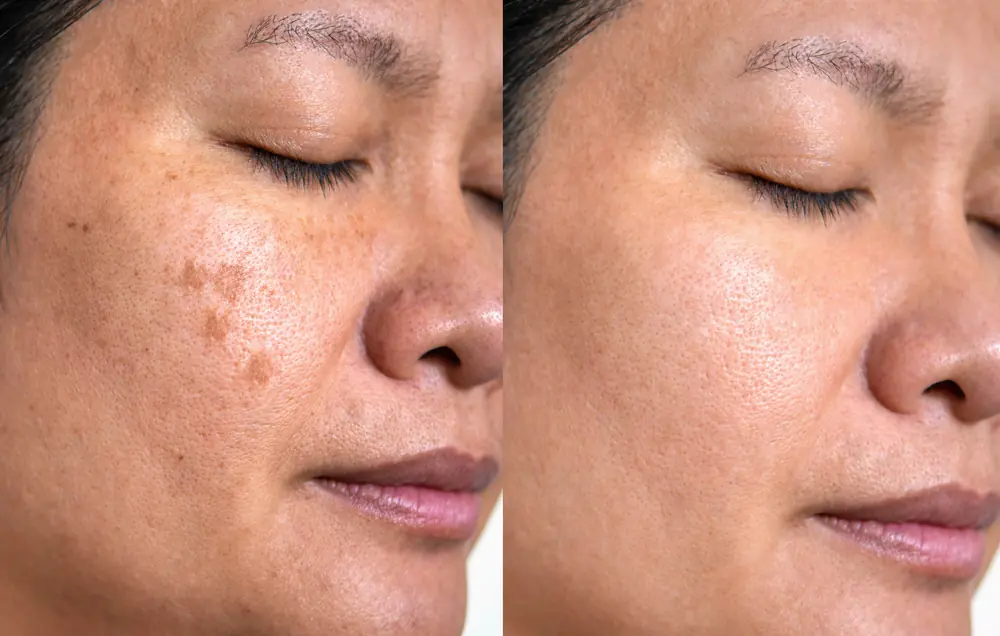
How to Reduce Age Spots: Causes, Treatments, and Prevention

How to help naturally relieve gout and joint pain

Sudden Sharp Chest Pain? The Mystery May Finally Be Solved

Man Loses 400 Pounds Naturally and Raises Funds to Remove Excess Skin
News Post

Man Builds $20m White House Replica Atop Skyscraper—Now Legal Woes Keep Him Out

At 60, I Healed Cancer, High Blood Pressure, Diabetes, and Poor Circulation – All Thanks to This Powerful Drink

Woman Claims Ghost Companion Of 12 Years Warns Of Imminent Apocalypse

This Simple Homemade Juice Could Transform Your Life — The 100-Year Elixir Revealed!

🧠 How Your Brain Today Reflects Your Habits from Two Weeks Ago

💤 The Science of Dreaming: Why Do We Dream?

Too Much Salt May Lead to Depression, New Study Suggests

New Study Reveals: Memory May Be Stored in Cells Beyond the Brain

10 Foods You Should Eat Daily to Keep Your Arteries Clean

The Sleep Position That Could Be Quietly Damaging Your Health, According to Experts

Shocking Cancer Diagnosis at 44 Raises Alarms About a Popular Daily Sandwich Ingredient

When I Got Home from a Work Trip, 'He Lies' Was Carved Into My Hedge – Then I Found a Note Explaining Everything

My Wife Took $10K from My Daughter's College Fund to Pay for Her Own Daughter's Vacation & Said I Should Be Fine with It – Well, I Wasn't

I Got a Free First-Class Seat – My Entitled Brother Thought He Deserved It Just for Existing & My Family Took His Side

I Bought a $12 Prom Dress from a Thrift Store – Inside Was a Note That Changed Three Lives Forever

My Future MIL Showed Up to My Wedding in a Dress Identical to Mine – But My Groom's Reaction Made the Whole Church Go Silent

Understanding Uterine Fibroids: Causes, Symptoms, and Treatment Options

Is Your Body Trying to Tell You Something? 15 Early Signs of Cancer

The Sun Isn't Yellow — It's Actually White ☀️
